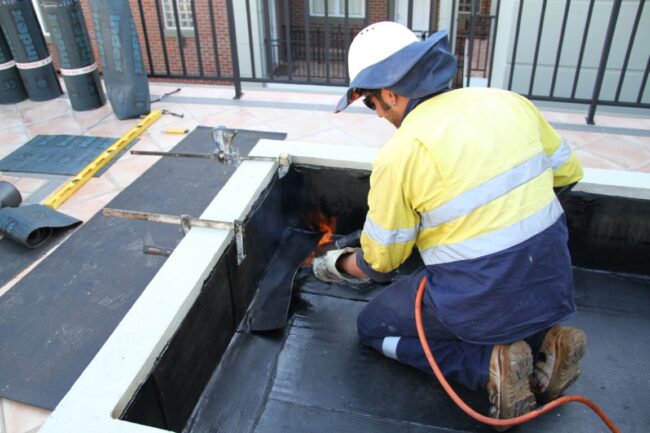
About The Qualification
- Industry-ready: Validates your skills in structural principles, risk & financial management, estimating and contract administration.
- Leadership focus: Demonstrate your ability to select, brief and oversee contractors, ensuring top-quality workmanship.
- Residential scope: Manage NCC Class 1 & 10 buildings up to 3 storeys.
- Commercial scope: Oversee NCC Class 2–9, Type B & C building projects.
Scope of Work
The Advanced Building and Construction scope of work includes but is not limited to:
- Applying NCC codes & standards to Class 1 & 10 residential projects
- Applying structural principles to residential and commercial constructions
- Preparing and evaluating tender & contract documentation
- Applying NCC codes & standards to Class 2–9, Type C commercial buildings
- Monitoring costing systems on complex building projects
- Managing on-site construction work and quality compliance
Experience Requirements
To be eligible, you must demonstrate:
- At least 4 years’ relevant industry experience in building construction work
- The majority of this experience obtained within the last 10 years
Eligibility
You’ll need to provide:
- 100-point ID check (JP-certified)
- Valid White Card (JP-certified)
- Referee testimonial(s) confirming ≥ 4 years’ experience
- Video or photo evidence of your work
Regulatory Licensing Requirements
According to NSW Fair Trading, tradies who want to apply for a Building (general building work) licence must meet one of the following qualification criteria:
-
VET qualifications and units of competency:
- CPC50220 – Diploma of Building and Construction (Building)
- Plus any of the following:
- CPC40120 – Certificate IV in Building and Construction
- CPC30220 – Certificate III in Carpentry
- CPC30111 – Certificate III in Bricklaying/Blocklaying
- Bachelor of Housing or a degree in civil engineering, structural engineering, architecture, housing, construction management, construction economics, applied science (building) or quantity surveying from an Australian university.
- University degree: A degree in building, construction, construction management, construction project management, construction economics, applied science (building), or quantity surveying from an Australian university requiring four years’ full-time study and a mandatory work placement. (Excludes associate and honorary degrees.)
Builder licensing varies across states and territories and additional requirements may apply beyond this qualification. Relevant state and territory regulatory authorities should be consulted to confirm those requirements.
Special Offer ✨
Spend only $999
Start free now, qualified lifetime

Other Qualifications



We Feedback
Frequently asked
Questions
CPC50220 is a nationally recognised qualification designed for individuals aiming to advance their career in the construction sector. It equips you with the practical skills and management knowledge needed to oversee construction projects and lead teams.
This course explores project supervision, risk and cost management, contract administration, building codes, site safety, and more. It’s ideal for experienced tradespeople looking to formalise their skills for supervisory roles or licensing purposes.
Graduates gain formal recognition of their on-site experience, improved eligibility for building licenses, and better access to senior roles such as foreman or site manager. It also helps boost job security and wage potential in a competitive industry.
Completion times vary depending on your experience and chosen pathway. With Recognition of Prior Learning (RPL), some candidates finish in 4–8 weeks. Flexible options include online self-paced study or blended delivery for busy professionals.
Absolutely. This qualification is accredited under the Australian Qualifications Framework and delivered by approved RTOs, making it valid in all Australian states and territories for licensing and employment purposes.
There are no strict academic entry requirements, but applicants should have relevant work experience in construction. Basic English skills and access to a building site or tools may be required for some assessments or RPL evidence.
Financial aid may be available through state funding, employer subsidies, or payment plans depending on your eligibility and employment status. Contact us to explore available options and see if you qualify for assistance.










